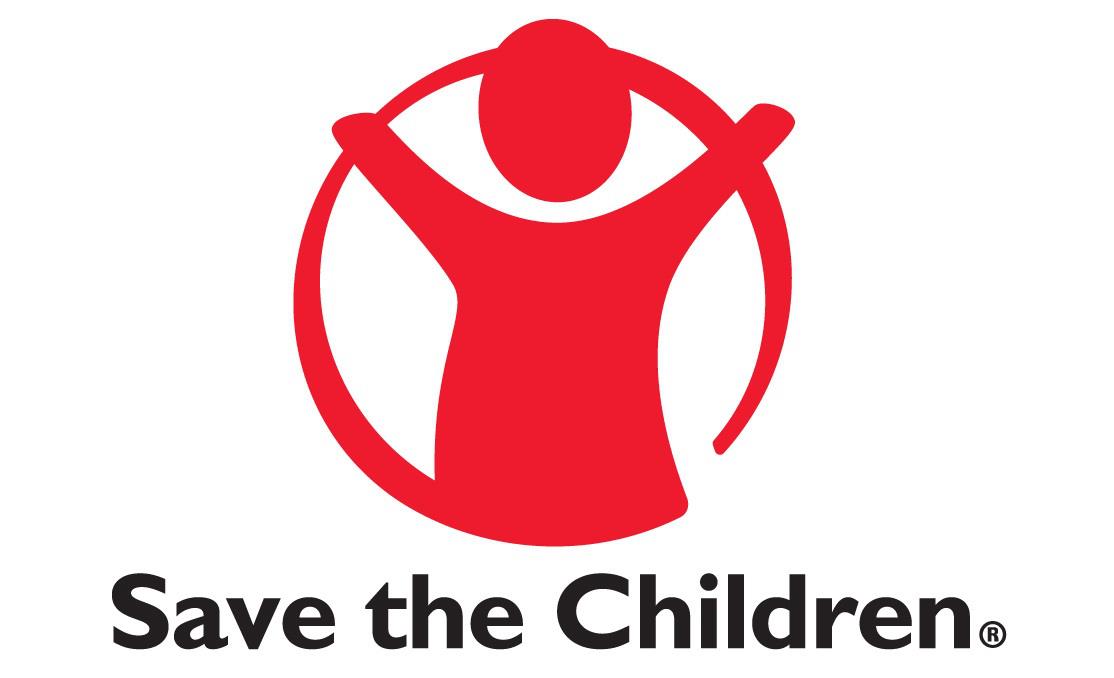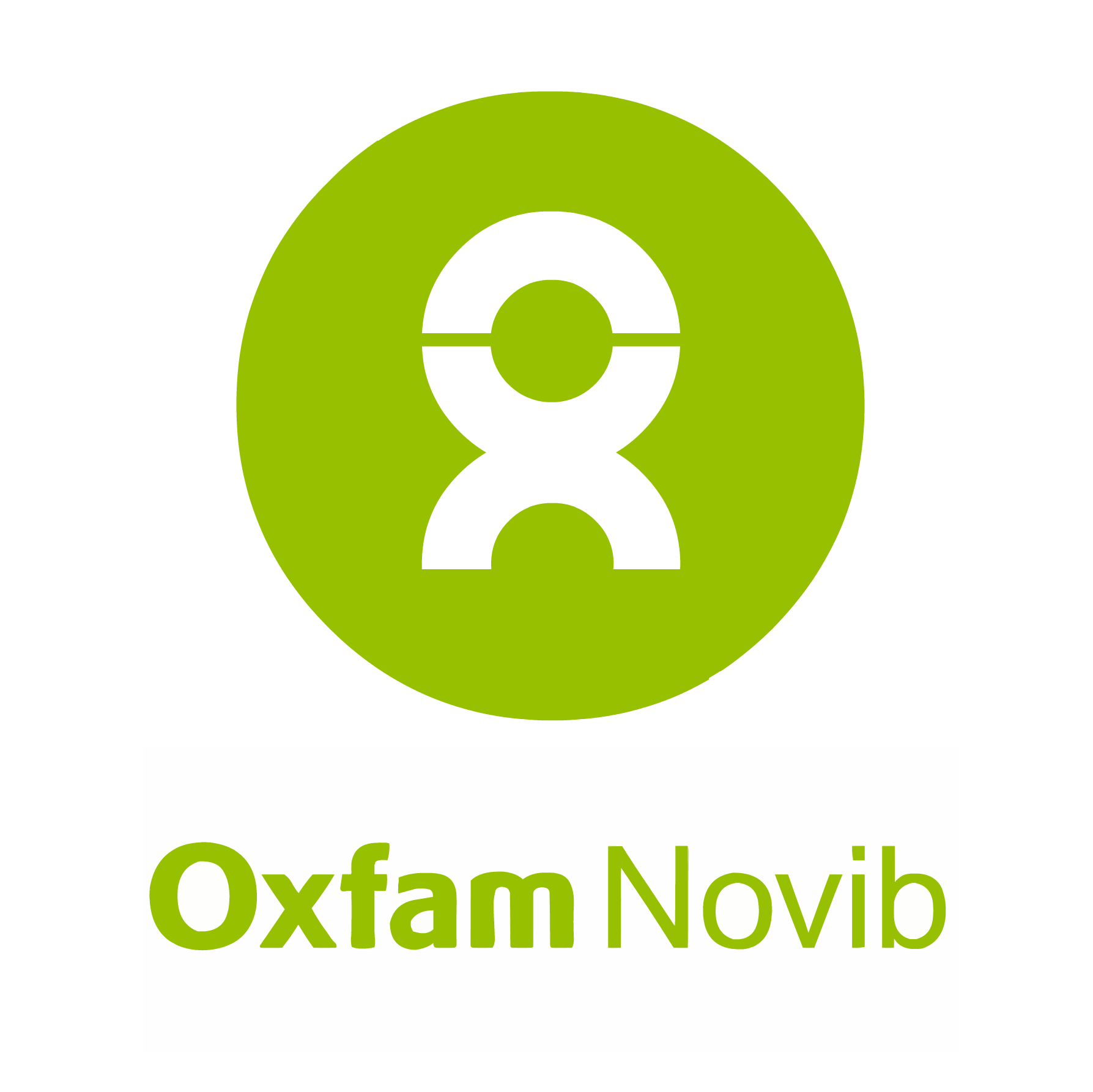Community / Land projects / Food Commodity Traders (SOMO)
Food Commodity Traders (SOMO)

€0
02/23 - 09/23
Concluído
This project is part of
Implementing Organisations
Donors
Data Providers
General
The unequal global food system is unsustainable for people and planet, and there is an urgent need to rethink how the world feeds its people. The combination of extreme inequality and poverty, human rights violations, conflict, climate change and sharp food and energy price inflation, accelerated by the war in Ukraine and the COVID-19 pandemic, has already resulted in hundreds of millions of people not having enough to eat. The global food crisis has been partially made worse by the record high increase in food prices. According to the World Bank update as of August 2022, wheat and maize prices are 2% higher than January 2022, while rice is 6% higher. But while millions of people are struggling to find and afford their next meal, the world’s main foodtraders have made record profits. The Cargill family, which owns the majority of one of the world’s largest food traders, saw their fortune increase by almost $20m a day from the start of the COVID-19 pandemic. In 2021, the company made almost $5bn in net income, the biggest profit in its history. Some other traders have also captured a large share of the money – for example, Bunge saw its profits rise by 19% between the first quarter of 2021 and the first quarter of 2022. Another big trader, Archer Daniels Midland (ADM), saw its net income rise from $1.105 billion to $1.539 billion over the same period. These companies are further forecasting demand to outpace supply at least until 2024, which will most likely result in even higher revenues and profitsin the next two years. According to estimates, ADM, Bunge, Cargill, COFCO and LDC (collectively known as the ABCD group) together account for between 75% and 90% of global grain trade , though even the most reliable estimates remain uncertain. Despitethe immense market power of these five companies, the traders have historically preferred to operate behind the scenes, often positioning themselves as mere market facilitators rather than active and powerful actors in food supply chains. In addition, two of the four companies, Cargill and LDC, are privately-owned family businessesthat provide very limited transparency into their operations and financial performance, and COFCO is a Chinese state-owned enterprise. As a result of the opaqueness surrounding the traders, public scrutiny towards the role of these companies in food crises has been limited, and data and knowledge on their power within the food system remains inadequate. But behind the scenes, commodity traders have been associated with profound impacts on human rights and the environment. According to the Business <(>&<)> Human Rights Resource Centre, food commodity traders have been accused of land rights abuses, displacement, and violence, including death threats against human rights defenders.There have also been accusations of child and forced labour, unsafe and even deadly working conditions, as well as environmental impacts such as contamination of soil and water, and deforestation. These same traders have also been widely associated with aggressive tax planning and corruption in various countries. One of the most prominent allegations surfaced in 2011, when the Argentinian government launched an investigation into ADM, Bunge, Cargill and LDC when prices for agricultural commodities spiked in 2008 and yet no increase in profit for the four companies had been reported to the Argentinian tax authorities. According to the investigators, the companies had submitted false sales declarations, funnelled profits through tax havens, and used phantom firms to buy grain at inflated costs to reduce recorded profits. The case is still ongoing, although the accused companies continue to deny all allegations. Reflecting on the current food crisis and the record profits among traders, there is an urgent need to better understand the role of commodity traders in the current global food system. The opaqueness surrounding the ABCCD traders, limited availability of data, and the general lack of public scrutiny towards these companies necessitate research to form the basis of a well-founded campaign calling for regulatory restrictions to limit traders’ negative impacts on people and the planet, to curb the power of commodity traders within the global food system, to fairly tax their record profits in times of crisis, and/or to restrict financing of traders and speculation on food commodities. The research will be split up in two parts: 1) Profit <(>&<)> power:A corporate profile of the food traders. The first part of the research functions as a crucial lead up and background information to the second part by providing a picture of the five biggest agri-food traders and their respective operations, an example of a supply chain and the profits of the top holdings. This part of the research will also explore how and why these ABCCD traders have benefitted from recent food crises. 2) Traders <(>&<)> taxes: A case of tax avoidance? The second part of the research explores whether the ABCCD have been involved in aggressive tax planning practices. The ABCCD traders have a track record of profiting during times of crisis, while also facing significant accusations of aggressive tax planning in relation to those profits. These allegations include false declarations of sales, transfer mispricing, routing profits through tax havens, and manipulation of taxable profits. Based on financial statements and corporate documentation, the research will provide an overview of evidence whether food commodity traders make use of aggressive tax planning tactics. Following this analysis, one food commodity trader will be selected for further research to function as a case study on aggressive tax planning strategies, particularly in relation to the traders’ activities in the Netherlands.




